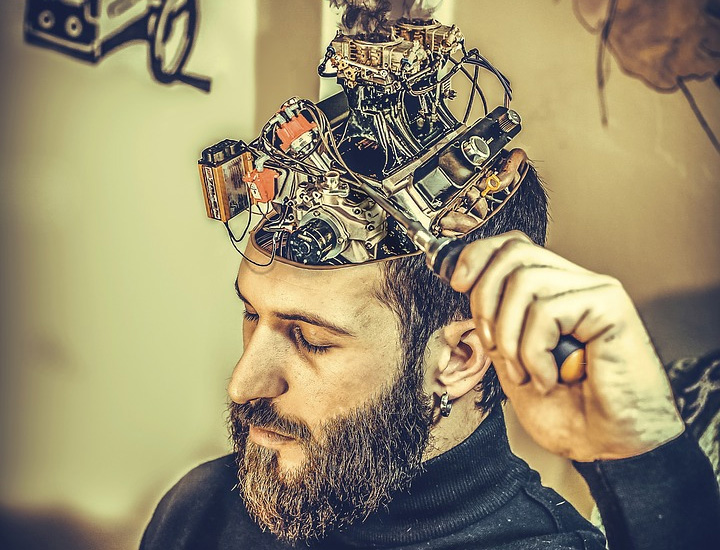Chip implants for our brains are definitely coming
Maybe there will be a DIY market for this.

Like something out of a science fiction movie, ARM and the Center for Sensorimotor Neural Engineering (CSNE) from the University of Washington have partnered to develop a system-on-a-chip (SoC) that gets implanted into the human brain. Whoa.
The unique brain-implantable chip would be used for bi-directional brain computer interfaces that are intended to solve neurodegenerative disorders. These will be used to fight Parkinson's disease, Alzheimer's, and even paralysis.
"The long-term goal is to assist people affected by neurological conditions, by engineering neurotechnology that will help the body heal, feel and move again," ARM explains in a blog post. "The new SoC will play a vital role in decoding the complex signals formed within the brain, digitizing them so they can be processed and acted upon, with the end result of controlling the body’s muscle functions—which is the key to tackling neurodegenerative disease."
As you might imagine, developing a brain-implantable chip is no easy task. The SoC has to be extremely small, high power efficient, and of course powerful enough to tackle the kinds of diseases that ARM and CSNE are taking aim at. ARM says its Cortex-M0 processor, the smallest processor in its arsenal currently, will be an integral part of the SoC.
"The research project will design a SoC which is able to take neural signals from the brain that represent movements the person with paralysis wants to make; before directing those signals to a stimulator implanted in the spinal cord itself. This will enable the person to make the desired movements when they want to, effectively overcoming their paralysis," ARM added.
Sometime in the future, ARM says the device will also work in in the reverse direction, which would make it possible for a person who has lost the sense of touch to regain that sensation.
Obviously this far removed from PC gaming, but it's too cool not to share. And who knows, may someday in the future we'll all be upgrading our brains in the same manner we do our PCs.
Keep up to date with the most important stories and the best deals, as picked by the PC Gamer team.
Paul has been playing PC games and raking his knuckles on computer hardware since the Commodore 64. He does not have any tattoos, but thinks it would be cool to get one that reads LOAD"*",8,1. In his off time, he rides motorcycles and wrestles alligators (only one of those is true).


